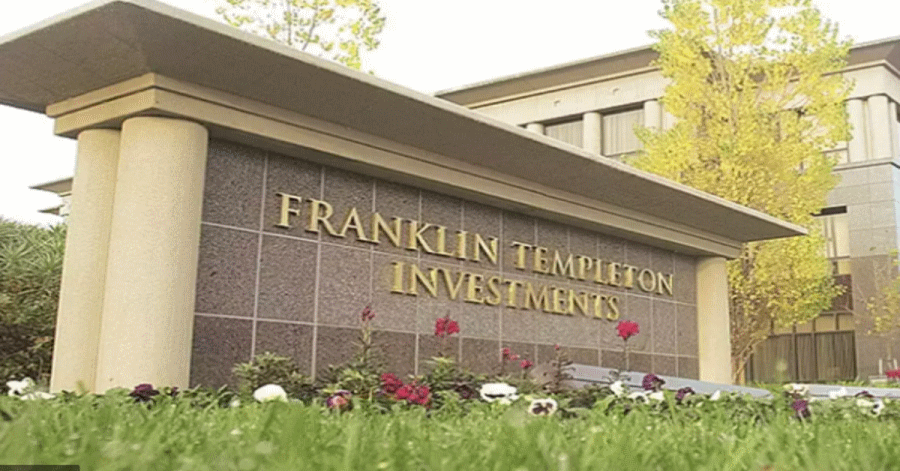The six debt schemes of Franklin Templeton Mutual Fund with assets of around Rs.26,000 crores were frozen on 23 April 2020 after facing unprecedented redemptions.
A wave of redemptions followed as investors got skeptical about defaults with economy lending into trouble due to the Covid-19 crisis hitting India then. The six funds however yielded handsome returns in the past. Along with the redemption pressure they also faced the lack of liquidity in the secondary market.
Whenever a debt fund faces redemptions and becomes illiquid in the secondary market, it is followed by more redemptions and consequently it leads to a chain of losses. The recourse has been never to shut down the fund as is witnessed in the past in such cases. But FT took a decision to close the funds.
Franklin Templeton might have taken the decision to shut down in order to avoid distress sale in an illiquid market. It was also in the interest of the unit holders to systematically allow the sale over a period. However, the unit holders were asked for their consent whether to shut down the funds and they voted in favour of it. This was in line with the SEBI’s Mutual Funds regulations requiring the MFs not to take the decision unilaterally.
What is the position of FT after a year?
The Supreme Court handed over the sell and pay back process to SBI Mutual Fund.
Both tangible and intangible costs associated with the redemption must be taken into account when an investor chooses to take an exit. While investing in any Mutual Fund, the liquidity aspect is usually open. There could be an exit charge but there cannot be any lock-in period impairing its liquidity. SEBI guidelines in this regard say that a fund cannot stop redemptions.
In case of FT, the liquidity was in question and that prompted the unit holders to take an exit. FT wanted to pay back its unitholders, once there were accruals in the portfolio and there were fair price sales. But before this could be given effect to, the matter was questioned due to the legality involved and went into the hands of the court.
As the AMC took the decision to shut down, it affected the overall image of the fund and led to speculations. The overall impact of this event got spread amongst the investors and the overall sentiment being that something was fishy about Mutual Funds itself.
But this distrust didn’t last long. FT too now has given promising results mostly in double digits. This was a cumulative effect of gradual but regular accruals in the portfolio, a fair-price sale of the holdings, valuation of the existing holdings as per current market levels and premature pay back by some of the issuers in the portfolio.
Since SBI Mutual Fund took over the process and as there were no deadlines, there was no obligation to sell and pay back hurriedly to unitholders. Notably, sale of instruments is done at market-based prices, half of the quantum dues have been paid back for all the six funds and this reflects in returns from the funds.
Shutting down of FT’s six funds led the investors through a roller coaster ride and a lot of stress, yet it is expected that the investors will get back all their dues as well as returns despite the FT’s stand at the cost of its prestige.
